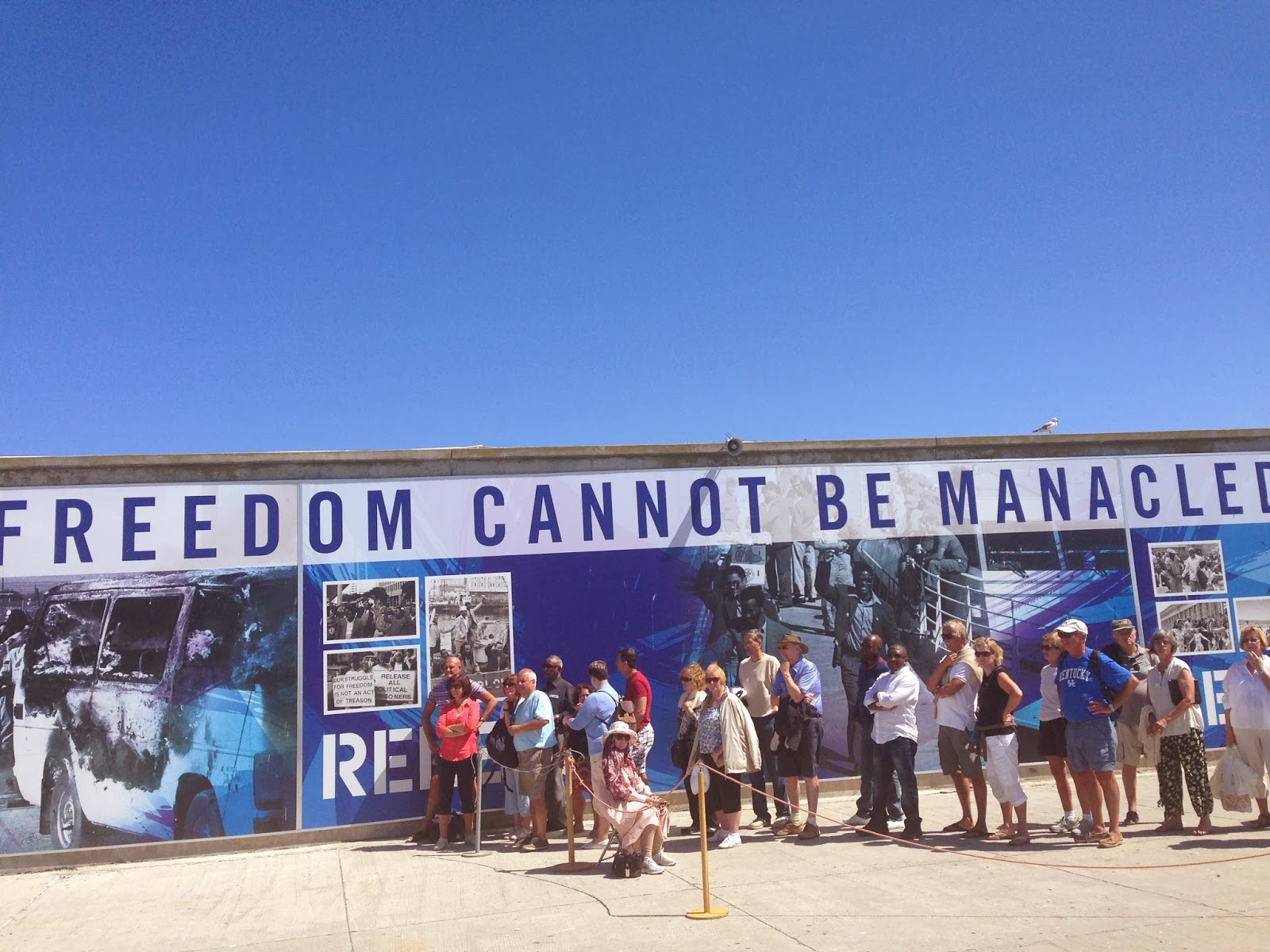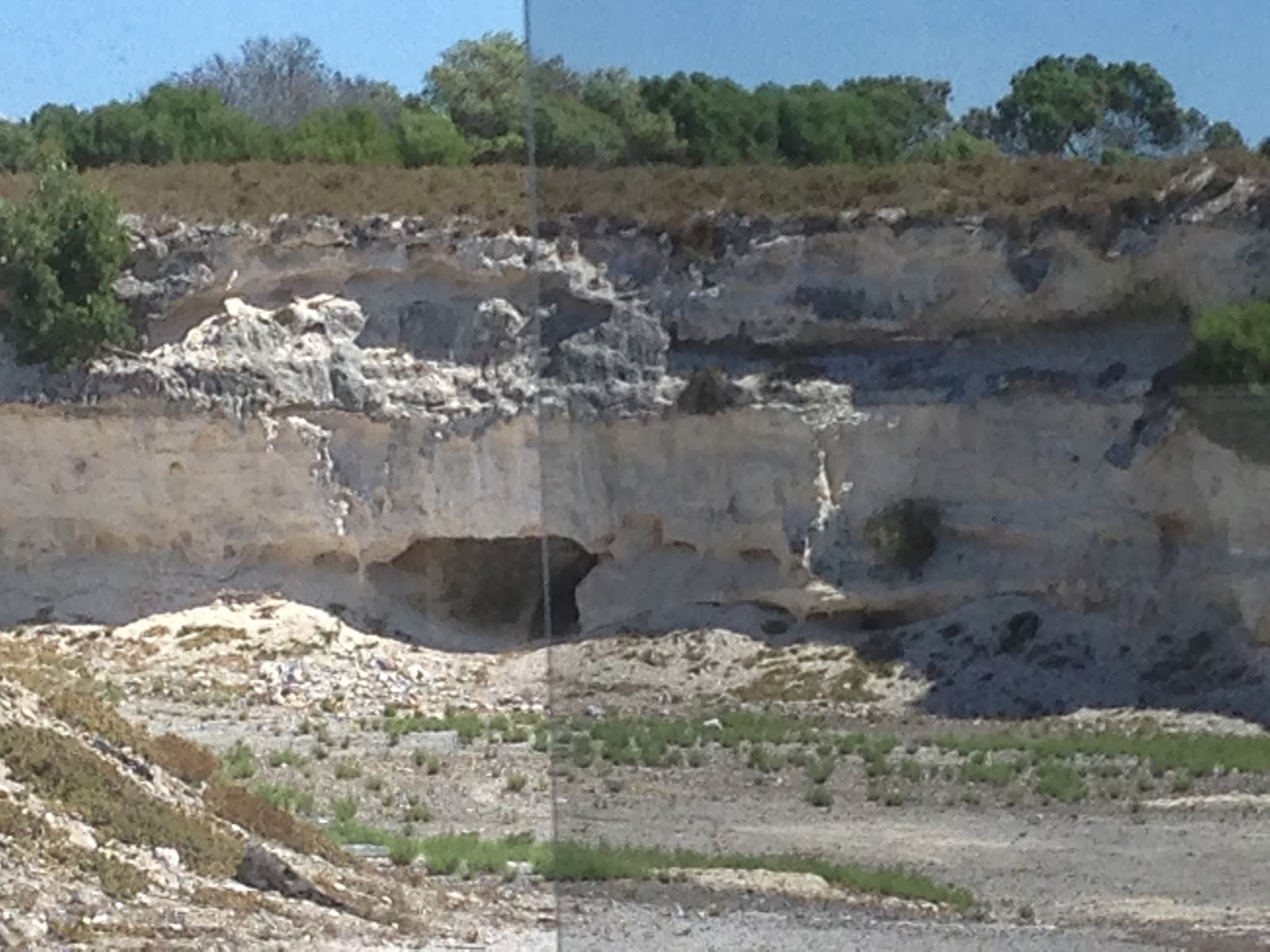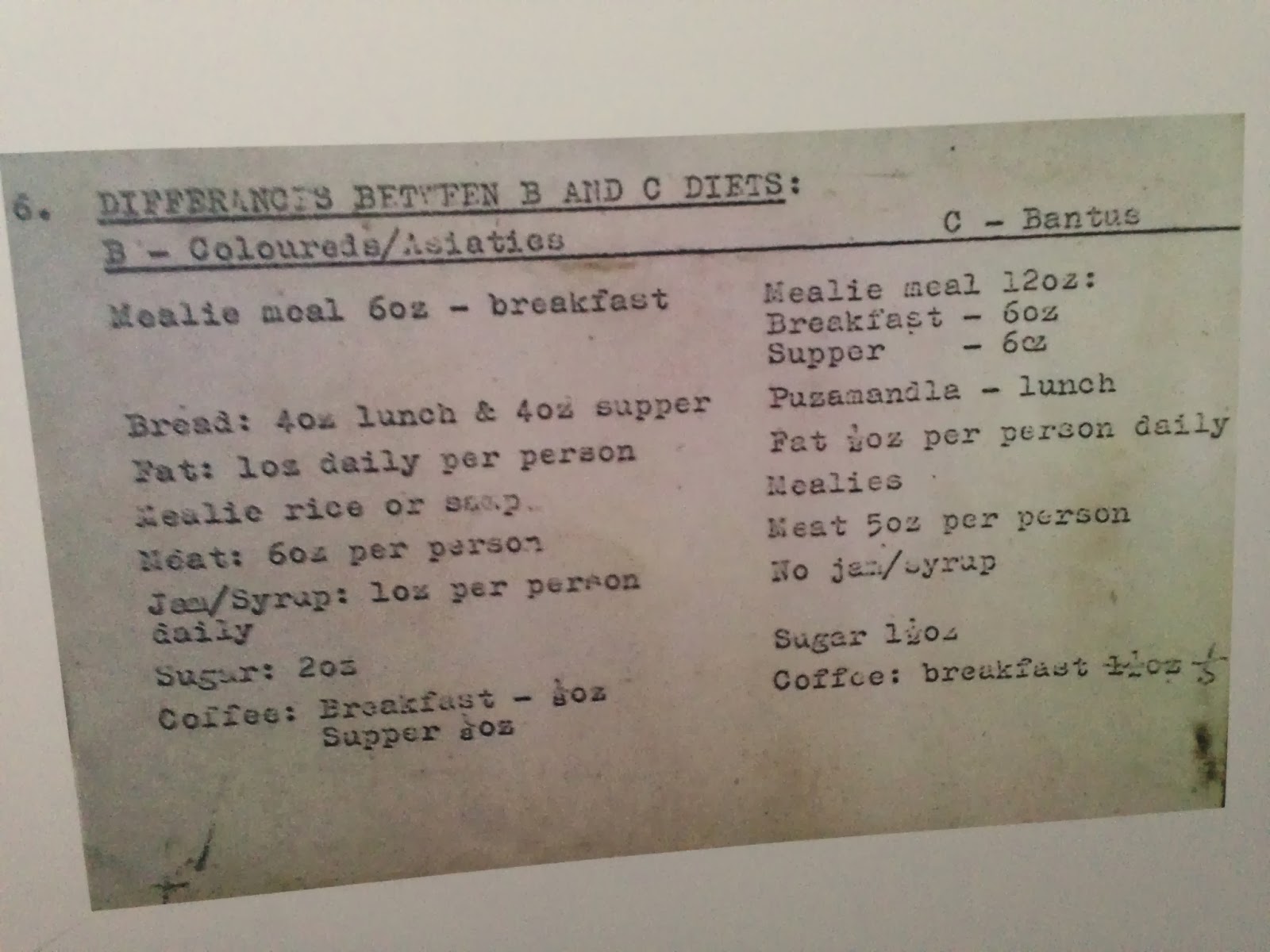My Blog
Sunday, January 26, 2014
Day 8 (26 January 2014) in Hermanus, South Africa
After excess of 17 hours flight, excluding the 45 min stopover in Accra, Ghana, we landed safely at JFK almost an hour ahead of scheduled time. Unfortunately, my flight to Boston has been delayed by an hour. Finally, I made it home safely and reunited with the family. My luggage also made it through without any incident, including the local wines that I bought from Hermanus as well as my magnetometer box. What a wonderful and memorable trip!
Day 7 (25 January 2014) in Hermanus, South Africa
Unfortunately, today is my last day is South Africa, thus I woke up early to pack up my stuff. John picked me up at about 9:30am and took me to wine test village. I actually enjoyed testing different local wines. I bought a few bottles of wine and see how many of them make it to Boston. We then drove to the southern side of Hermanus to see more farm lands. Lee-Anne, who was in Pretoria for business purpose since Wednesday and came back last night, called John and would like to meet me before I head off back home. She and her husband met me for coffee. Although she could have done it on the phone, but she came to see me off in person, which I sincerely appreciate highly. Finally, SANSA driver drove me off to Cape Town to ‘just’ start my long flight journey to back home. In general, my visit to Hermanus was completely successful both scientifically and socially. I thank all the SANSA scientists and staff for their fruitful scientific discussion and hospitality they cherished me. My special thanks go to John-Bosco and Lee-Anne who made my trip to South African possible and successful.
If you wonder where those wonderful South African wine came from, here it is
Heading back to home!
Day 6 (24 January 2014) in Hermanus, South Africa
Today I messed up a little bit. I woke up very late and I
was already in bed when my car showed up to pick me up. Anyway, I did what had
to do and went to SANSA just to accomplish a quick task before I headed off to
Cape Town to catch the boat to Robin Island with John and Zamma. Zamma took the
wheel to our way to Cape Town, and instead of the normal and short way, they
drove me through ocean side drive way, just to show me a magnificent view. On
our way to Cape Town, we stopped by at the Betty Bay, which is about 50km east
of Hermanus, to see the Penguins. Remember Madagascar kid’s movie what kind of
roles the Penguins played? Yes!
The Penguins at Betty Bay!
Who are these statue represents? (at the center of Cape Town)
This notice board attracted my attention, located inside the building where you board boat to Robin Island!
Then we continued our journey through Gordon Bay and finally
found ourselves at the city center of Cape Town, where we boarded our boat to
Robben Island. Although it was late by an hour, we safely boarded out boat and kicked
off the journey, which took us about an hour to get to Robben Island (RI). Robben
Island is a Dutch word which means ‘Sealed Island’. Chief Autshumao (European calls him Harry the
Strandloper) the only man who escaped from Robben Island by rowing to the
mainland in a small boat in 1658. Latter the island was turned into leper
colony then a lunatic asylum then to a naval base. Finally during the apartheid era the island
was returned back to prison camp. Today, it become a destination of tourism (~80K visitors a day), the island is not that big (I can’t remember the size of the
island). There are about 200 people live there. The main source of jobs in RI
is tourism. There is one elementary school and one church, which is open only
for valentine day for those couples who would like to get married at this
historic place.
When you step out from the boat in RI, this what you see!
When we disembarked from the boat, I saw a slogan that reads
as “Freedom cannot be manacled”.
Underneath this slogan different pictorial description of the long walk to
freedom are portrayed, witnessing the correctness of the slogan. We then moved
to the bus. In our bus, we meet one Jamaican origin South African young fellow
who introduced himself as tour guide for those who were sitting in that bus.
After he gave us a short background of the island, he instructed the driver to
drive off to each site. The first stop was a museum, which looks like a mini Mosk that has tome stone that
describes the history of the Dutch. The Apartheid, a regime that started in
1948 and abolished (at least its law) in 1994, was also using this to spread
Islam in South Africa as there were also Muslim prisoners.
Direction where to go!
The church (right) used during the regime, but now it only opens once in a year!
On our way to the next stop, we saw the prisons, the soccer
field, and grave yard. The prisoners were allowed to play soccer only over the
weekend. The grave yards actually were from the leprosy colonial era of South Africa (1840 –
1941); a lot of people from leprosy disease has died during that time and were
buried here. Those people with leprosy disease had one church at RI to come
together and pray. During this era, there were only one way to escape from the
island, and that was by boat. The next stop was a small valley type rocks, surrounded by
the stone walls. This was the place where the prisoners were forced to do hard
labor. The hard labor was breaking stones from the wall, using chisel and
hammer. There was no mercy for those who got tiered and would like to have a
little break. This actually reminds me the history of the Israelite in Egypt
during the Ferro
era. After the fall of Apartheid in 1994, most freedom fighters, who were alive
at the time, came to RI and placed a stone at a specified place and made a
little stone hill which is located at the center of this valley. This is to
commemorate those who passed due to the merciless hard labor.
This was the place where prisoners excavated rocks. The big hole at the wall was served as toilet for the prisoners while they were at work!
After they excavated the rocks, they were also asked to break it!
The next stop was at Robert
Sobukwe’s
prison house. He was the president of Pan African Congress (PAC). His story is
amazing. He was sentence to a certain year prison time. His prison time ended around
the time when Emperor Haile Selassie of Ethiopia organized a meeting Addis
Ababa to form Organization for African Union (OAU). Knowing that Mandela and Robert Sobukwe got invited to represent ANC and PAC,
respectively, at the meeting, the Apartheid regime introduced a new law (also
known as Sobukwe clause) to justify the regime's decision to lock Sobukwe
in Robben Island for extra time, though his prison time expired. However, he was
given two rooms house and was not asked to do hard labor as the other prisoner
usually did. He was considered as guest of state but not allowed to leave RI,
very systematic political strategy. He stayed in RI for a total of 6 years. Later
he was transferred to Kimberley prison and lived there for 12 year until he
died on 27 February 1978 with throat injury. The cause of his death is still
controversial.
Then finally we were taken to the prisons, which are divided
in to different sections. The first section that we saw was group prison in
which they were given a blanket and a mat to sleep on. In 1978 due to
international pressure they were given a bank bend with mattress. The group
prisoners had a group shower and toilet.
Some of the prison houses!
If you assumed every prisoners had the same type of food, you are wrong. Here are list of foods according to the prisoners' racial condition!
The prisoners' letter to the family had been censored as shown above.
The prisoners' letter to the family had been censored as shown above.
This man, who is now serving as tour guide, was former prisoner!
Prisoners were sleeping with one of the mat shown here.
Prisoners were sleeping with one of the mat shown here.
The next and final tour of ours was to see private prison cell (2m x 3m) where leaders of the freedom campaign were kept, including Mandela. Unlike the group prisoners, prisoners at the private cell did not have toilet, instead they were given a pot to use as toilet. When the prison cell opens in the morning, each prisoner took their pot to the toilet and cleaned it next use. Unlike others, Mr Mandela requested to have a garden which was granted by the regime. He had a garden just at the back of his prison cell. He actually used it as hiding place for his manuscripts that he wrote while he was in prison. The manuscripts later smuggled out by one of the prisoner who got released way before Mandela did, and of course got published as a book with the title “Long walk to freedom”. As it is well known internationally, Mandela went to prison for 27 years. This is a combination of his time at three different prisons; and that includes 18 years in RI, 7 years in Pollsmoor Prison center and 2 years Victor Verster Prison before he released in Feb 1990.
This was Mr Mandela's cell (2mx3m) wide, pictured from different angles!
The multipurpose Mr Mandela's garden!
Pumlani Ngqungwana; the last political prisoner from Robin Island when he got released in 1991!
Pumlani Ngqungwana; the last political prisoner from Robin Island when he got released in 1991!
On the boat, returning back to Cape Town; behind me is Robin Island!
One of modern stadium in Cape Town! All my nephews and cousins are much in love with soccer, and this is for them.
Thursday, January 23, 2014
Day 5 (23 January 2014) in Hermanus, South Africa
Good morning everyone. I've nothing new to share today. Since today was my last day at SANSA, I was so busy with lot of scientific things. Listen this, tomorrow I'll go to Robin Island, where President Mandela was locked in for 18 years, and I'm so excited! For sure I'll have a lot to report tomorrow. Stay tune!!
Wednesday, January 22, 2014
Day 4 (22 January 2014) in Hermanus, South Africa
One of many South African wine farms!
One of the shops at Gansbaai
Mini port at Gansbaai
Mini port at Gansbaai
Subscribe to:
Comments (Atom)



























